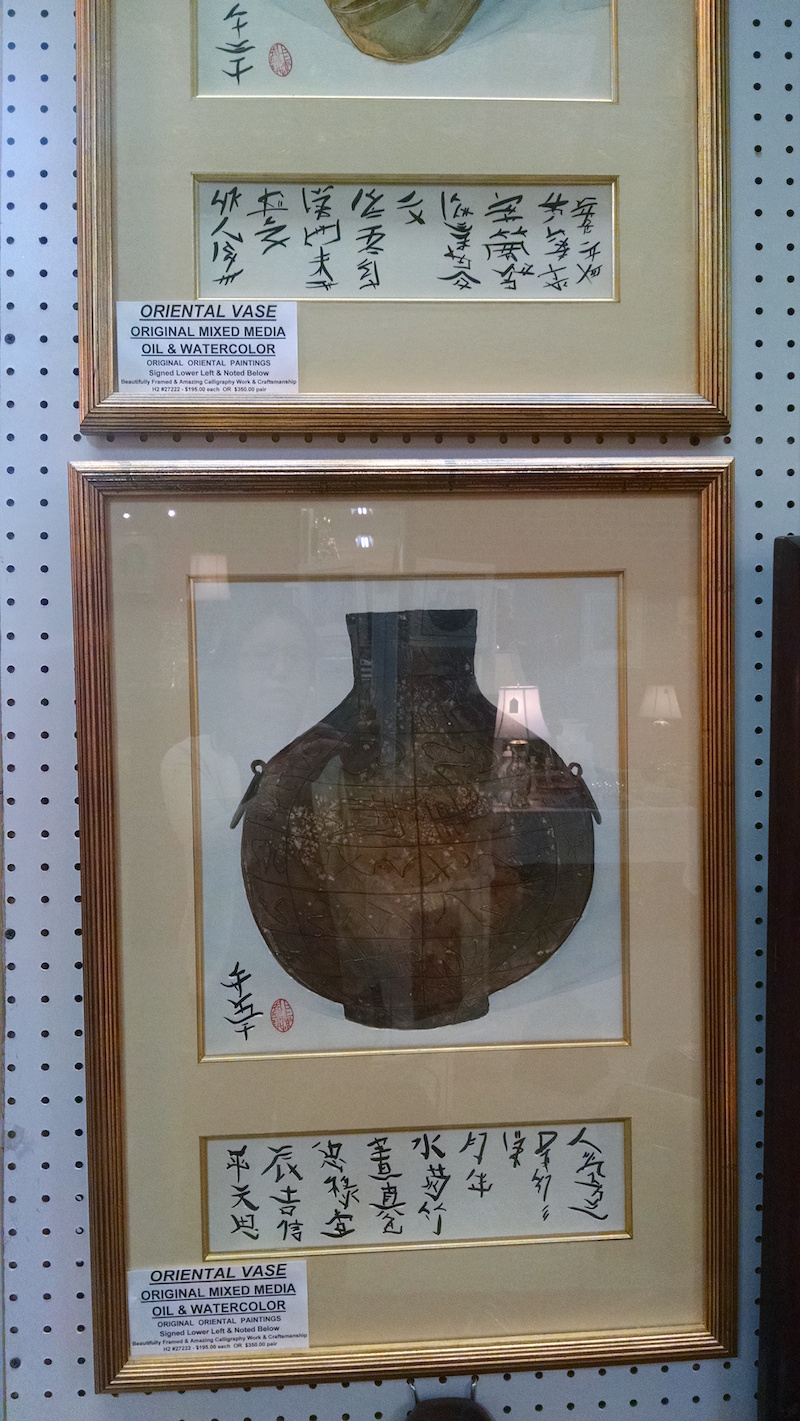October 4, 2017 @ 7:05 pm
· Filed by Victor Mair under Found in translation, Language and politics, Puns, Words words words
[A guest post by Jichang Lulu.]
After all the brouhaha over Kim Jong Un's 'dotard' philippic, I was reminded of some other Korean Central News Agency (KCNA) invective: those sexist insults against Park Geun-hye, the racist insults against Obama, and specifically those aimed at Michael Kirby, the Australian judge who led a UN inquiry on North Korean human rights. The NK leadership didn't appreciate the scrutiny, and responded by calling Kirby, who is openly gay, a DOL (Disgusting Old Lecher). I was wondering what the Korean for that would be, so I looked for the original piece.
Read the rest of this entry »
Permalink
October 4, 2017 @ 1:37 pm
· Filed by Geoffrey K. Pullum under Language and the media, Rhetoric
According to HuffPost UK, although figures from the Office of National Statistics indicate that the LGB percentage of the population rose last year by a statistically significant amount, "the majority of the UK population still identifies as heterosexual or straight."
Phew! So the straights (unlike the current Conservative-led government) held on to their majority. Good. I was bracing for a wave of homophobe fury. But let's take a look at the numbers to see how close a call it was, shall we?
Read the rest of this entry »
Permalink
October 4, 2017 @ 6:38 am
· Filed by Victor Mair under Bilingualism, Diglossia and digraphia, Puns
Yep, just like that. This expression is very common on the Chinese internet, messaging, chatting, etc. now, but — for those of us who are not in the know — what does it mean?
I'll just give one hint: nǐ 你 means "you".
Read the rest of this entry »
Permalink
October 3, 2017 @ 11:16 am
· Filed by Ben Zimmer under Eggcorns, Errors, Language and sports, Language and the media, Phonetics and phonology
Yesterday, The New Yorker posted an article on its website: "The Error in Baseball and the Moral Dimension to American Life," by Stephen Marche. As originally published, the article contained this paragraph (emphasis mine):
In practice, “ordinary effort” describes, as Bill James wrote, what should have happened. What should have happened in a piece of fielding can have nothing to do with the play of the fielder. Utter offered me a case: The runner hits the ball into the outfield, the fielder baubles the ball, and the runner advances to second. Is that an error? It depends. “What we would have to look at is—is it a single or is it a double? Or is it a single and advance on an error or on the throw?” The way that the scorer determines whether that bauble is an error or not has less to do with the action of the fielder than with the action of the runner. “Was the runner going all the time? Did he never think about stopping at first? Or was he running and looking at the play and then slowed down a little bit and then took off when he saw the little bauble?” If he paused, noticed the misplay, and ran to second, “That becomes the error.”
Read the rest of this entry »
Permalink
October 3, 2017 @ 12:25 am
· Filed by Victor Mair under Writing
Claro's tweet:
Read the rest of this entry »
Permalink
October 3, 2017 @ 12:24 am
· Filed by Victor Mair under Language and art, Writing
Lisa Chang took this photo of two paintings at an antique store in 2015 (the store was either in Maryland or Pennsylvania):

Read the rest of this entry »
Permalink
October 2, 2017 @ 12:12 pm
· Filed by Victor Mair under Language and politics, Language and religion, Philology
On the eve of the establishment of the PRC, Chairman Mao referred to united front (tǒngyī zhànxiàn 統一戰線) work as one of the Party’s “three great fabao” (sān gè dà fǎbǎo 三个大法宝). So what is a fabao, what did Mao mean by that expression, and where did he get it?
Mao's "fabao" is often glossed as "magic weapon" or "secret weapon", and it seems to be a reference to the "Three Jewels / Treasures" (sānbǎo 三宝 / 寶; Skt. triratna) of Buddhism: the Buddha (Fó 佛), the Dharma (fǎ 法, the "Law" or "Doctrine" of Buddhism), and the Sangha (sēng 僧, the community of Buddhist monks and the monastic order to which they adhere).
Read the rest of this entry »
Permalink
October 2, 2017 @ 7:21 am
· Filed by Victor Mair under Signs, Translation
Read the rest of this entry »
Permalink
October 1, 2017 @ 9:57 am
· Filed by Mark Liberman under Language and politics
From "Theresa May's interview with Andrew Marr – Summary", The Guardian 10/1/2017:
May refused to deny that Boris Johnson, the foreign secretary, has become “unsackable”. Johnson yesterday used an interview with the Sun to set out four personal red lines for Brexit, all of which go beyond the cabinet position set out in May’s Florence speech and at least one of which may prove to be impossible. Asked if he was now unsackable, May laughed at the question and just said he was “absolutely behind” the plan for Brexit she set out in Florence. She did not use the line she used in July, when she was in a stronger position and told LBC: “There’s no such thing as an unsackable minister.”
Read the rest of this entry »
Permalink
September 30, 2017 @ 12:47 pm
· Filed by Mark Liberman under Linguistics in the comics
Today's Frazz:

Permalink
September 30, 2017 @ 9:45 am
· Filed by Victor Mair under Language and culture, Language extinction, Language preservation
While it is generally acknowledged that Manchu language is nearly extinct, with only a handful of elderly speakers in the original territory of Manchuria, a very close cousin survives in the far northwest of the Xinjiang Uyghur Autonomous Region (XUAR) of the PRC. This language is called Sibe (MSM transcription Xíbó 锡伯), and it is spoken by about 30,000 individuals among a population of about 200,000 whose ancestors were sent by the Manchu emperor to garrison the region in 1763-1764. They never returned to their original homeland in the northeast of the empire, but have stayed continuously in the Ili Valley area of Eastern Central Asia (ECA), especially Qapqal Xibe Autonomous County / Chapchal Sibe Autonomous County. Although the origin of the name "Siberia" is contested, Pamela Crossley suggests that the Russians who were moving toward the Pacific named that vast region after the Sibe, who were well known to them.
Read the rest of this entry »
Permalink
September 29, 2017 @ 10:16 am
· Filed by Victor Mair under Acronyms, Slang
License plate of a car in Beijing:

Read the rest of this entry »
Permalink
September 29, 2017 @ 8:11 am
· Filed by Victor Mair under Alphabets, Numbers
[This is a guest post by Adam Levine]
A friend noticed this plaque while attending a wedding in New England:

Read the rest of this entry »
Permalink



